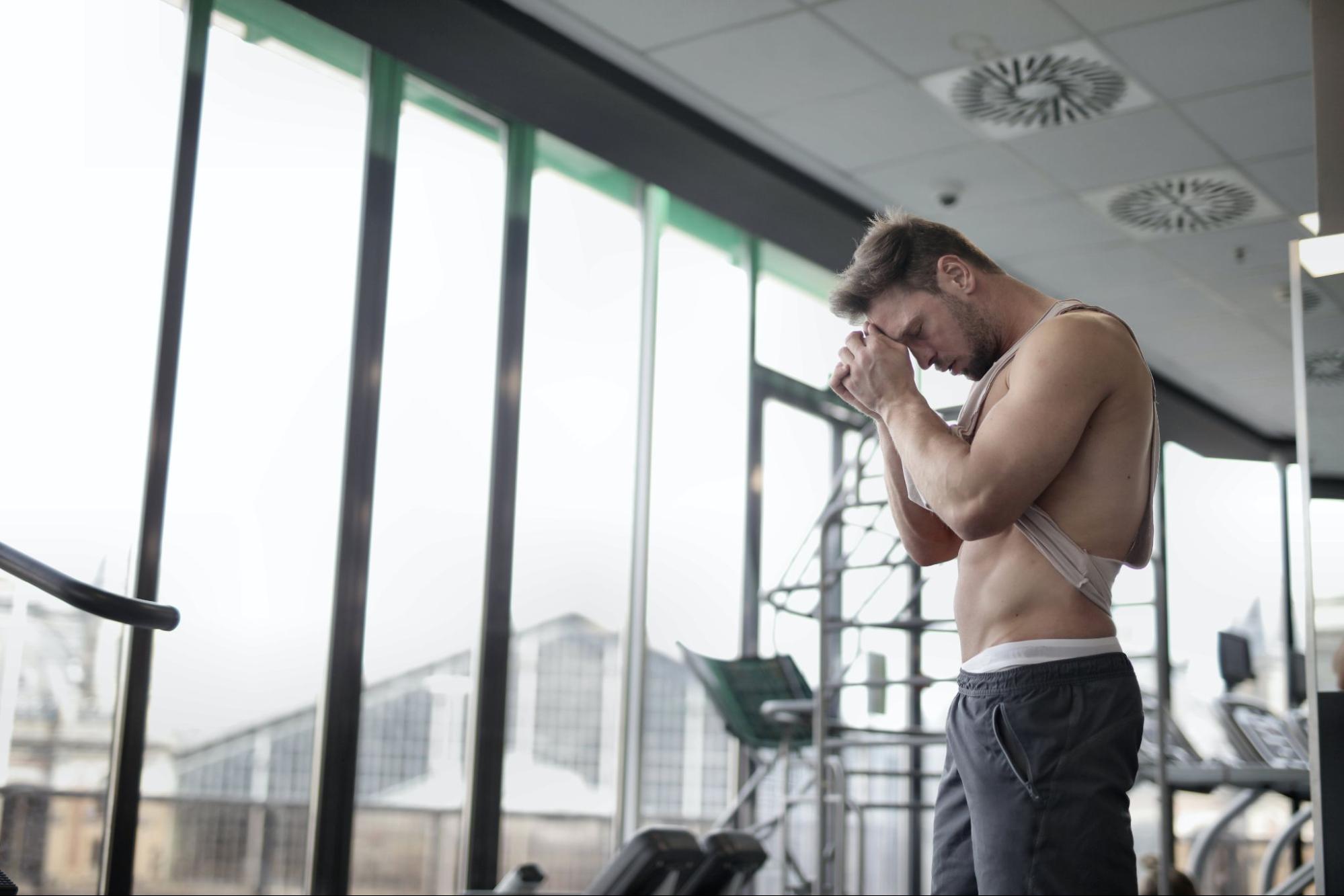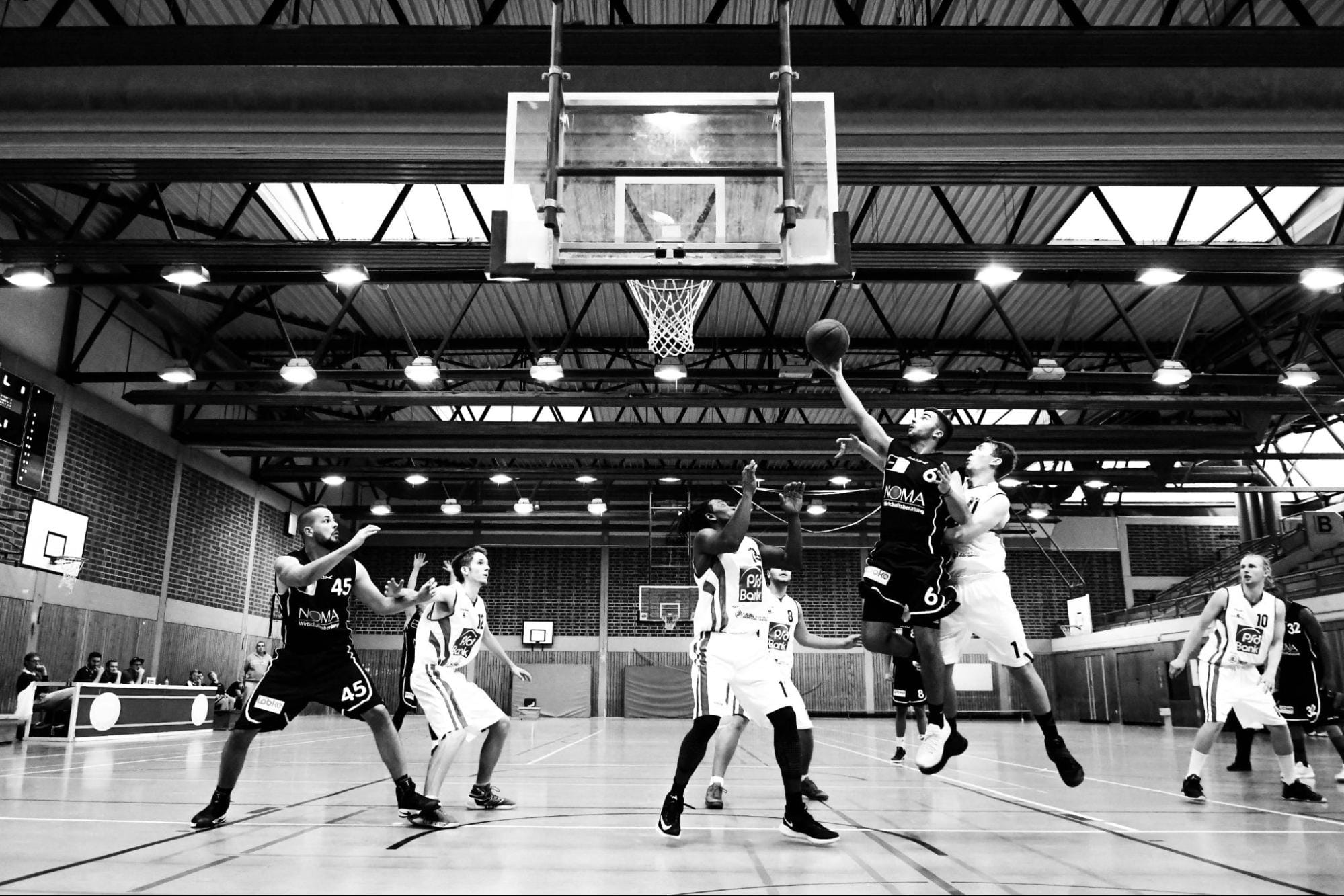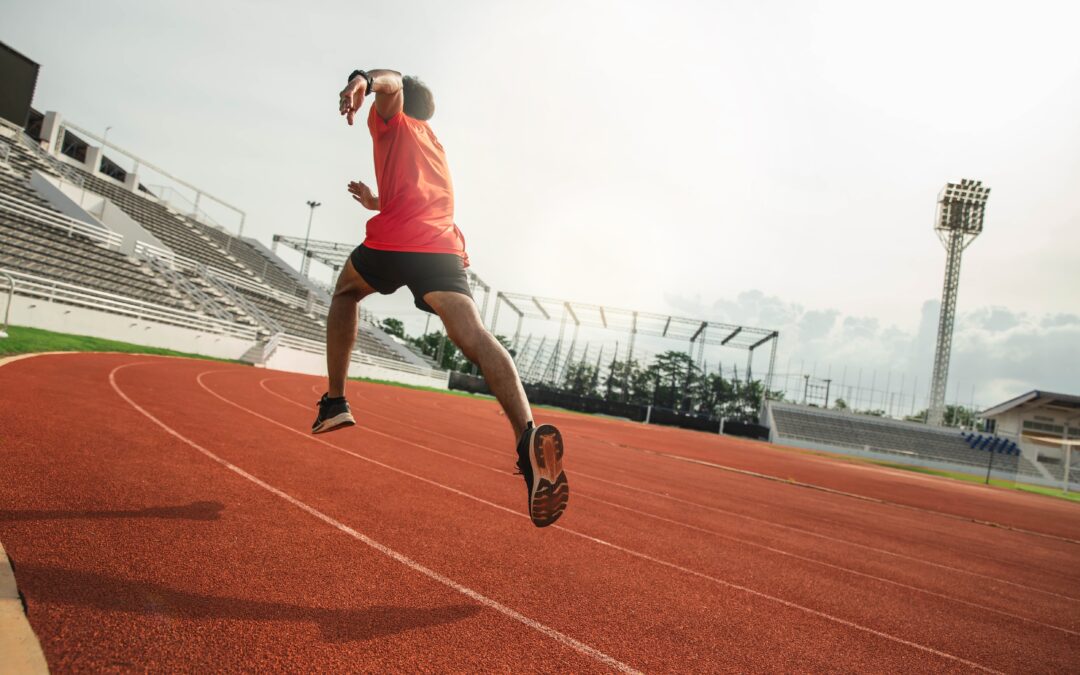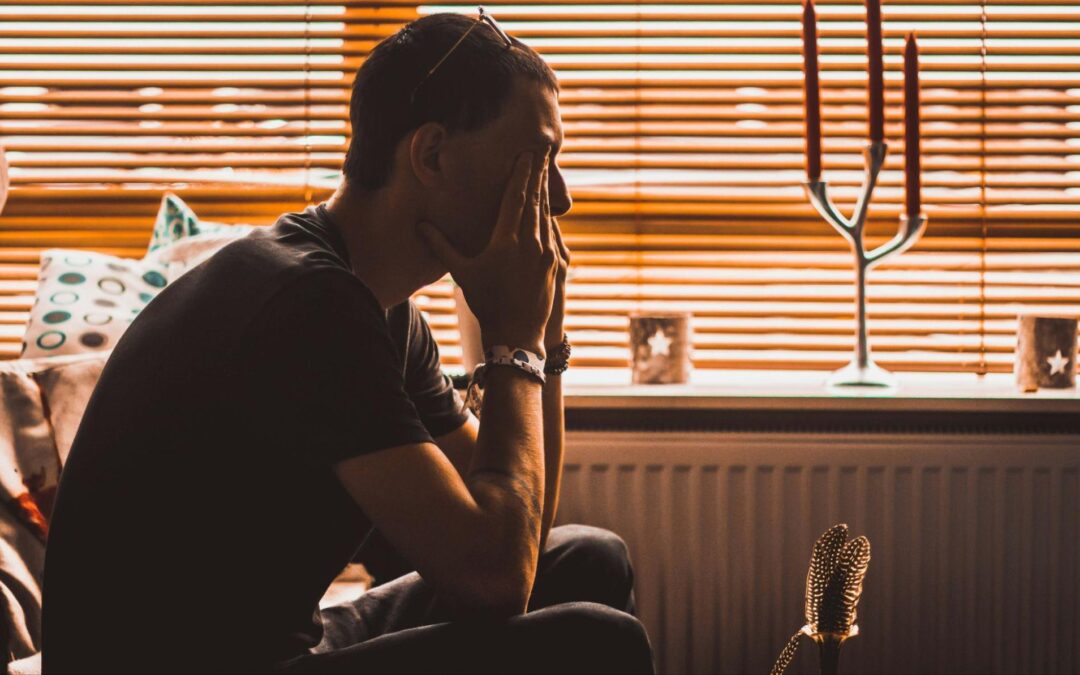Substance abuse severely hampers a professional basketball player’s physical and mental performance, diminishing reaction time, coordination, and overall health. 5 Star LA offers a comprehensive, personalized recovery plan that addresses these challenges, providing a path to not only reclaim athletic prowess but also overall life satisfaction and well-being.
The Psychology Behind Performance, Substance Abuse In The Mind Of An Athlete
Substance abuse can significantly disrupt cognitive abilities, which are crucial for peak performance on the court. It impairs critical decision-making skills, slows reaction times, and hampers focus—all essential components for a player’s success in games and practices. As substance dependency grows, the athlete may prioritize the addiction over the sport, leading to a detrimental impact on their career and personal life.
I did some research and found out that addiction treatment centers and recovery programs, like those offered by 5 Star LA, are equipped to address these specific challenges athletes face. These centers provide a supportive environment for detoxification and recovery, focusing on both the physical and psychological aspects of addiction. In my opinion, the tailored approach of centers like 5 Star LA is crucial because they understand the high stakes of an athlete’s performance and the public scrutiny they endure, offering a discreet yet effective pathway back to top mental and physical shape.
Recovery houses and specialized addiction rehab centers play a huge role in helping athletes reclaim their cognitive sharpness. By focusing on holistic recovery, including medically monitored detox and mental health support, these programs not only aid in overcoming physical dependence but also in reestablishing the mental discipline and focus necessary for professional athletes to excel in their sport.
The Body on Substances, Physical Toll on Players
The physical demands of professional basketball are immense. Players must maintain an extremely high level of fitness, agility, endurance, coordination, and strength to perform at an elite level. However, substance abuse quite literally poisons the body and can impair all of these crucial physical attributes. Some key ways drugs and alcohol degrade an athlete’s physical abilities include:
- Substance abuse increases injury risk by slowing reaction time and impairing coordination skills like dribbling, passing, and shooting.
- Alcohol and drugs dehydrate the body and disrupt electrolyte balance, sapping energy levels and decreasing stamina over time.
- Toxins from substances like cocaine and opioids damage organs like the heart and lungs, limiting cardiovascular endurance critical for sustained basketball performance.
- Withdrawal symptoms and “coming down” from intoxication lead to physical discomfort that distracts from focus and exhausts mental reserves needed for peak athleticism.
The insidious nature of substance abuse undermines the very foundation of an athlete’s physical prowess. It’s a path that leads away from the electrifying dunks and the relentless defense that define basketball at its finest. For players ensnared by addiction, the road back to the court is not merely about reclaiming their sport—it’s about reclaiming their health, their bodies, and their lives. Recovery is not just a return to the game; it’s a return to peak physicality and the sheer joy of playing free from the chains of addiction.
Substance Abuse Harms Mental Game And Decision-Making
In addition to physical tolls, abusing drugs or alcohol drastically diminishes a basketball player’s mental game and decision-making on the court. According to experts, some of the cognitive effects of substance misuse include:
- Poor judgment, reduced problem-solving, and decreased ability to think strategically all undermine a player’s game IQ and adaptability during fast-paced matches.
- Memory loss, impaired learning, and an inability to focus make it difficult to master plays or instinctively recognize defensive set-ups like an experienced pro athlete requires.
- Mood swings, depression, and lack of impulse control from withdrawal syndrome or intoxication disrupt team cohesion and statistical performance.
- Paranoia or delusions from some drugs completely shatter a player’s confidence and composure when facing opponents and performance pressure.
- Fatigue, both mental and physical, leads to more mistakes and mental errors and the inability to push through difficult stretches of a game.
These all contribute to decreased performance and hinder the player’s ability to adapt and excel during fast-paced matches. Seeking professional support and evidence-based treatment is crucial for athletes looking to regain their mental clarity, emotional stability, and competitive edge. Recovery is a journey that requires dedication and a supportive environment, but with the right guidance, athletes can rebuild their mental game and strive towards a healthier, substance-free future.
Chemical Imbalances, The Biochemistry of Addiction
The relationship between an athlete’s biochemistry and their performance is crucial, and substance abuse can disrupt this delicate equilibrium. Drugs and alcohol may provide momentary gratification, but they can detrimentally affect the essential neurotransmitters that support an athlete’s mental and physical well-being. In the context of substance abuse rehabilitation, particularly for athletes, it is important to provide clear, direct, and supportive information.
Table 1: Biochemical Pathways and Addiction’s Impact on Athletes
| Neurotransmitter | Function in the Brain | Effect of Substance Abuse | Impact on Athletes |
|---|---|---|---|
| Dopamine | Associated with pleasure and reward | High levels induced by drugs lead to reduced natural production | Decreased motivation, reward deficiency, and impaired cognitive function |
| Endogenous Opioids | Regulate pain and natural highs | Long-term abuse reduces receptor effectiveness | Increased pain sensitivity and diminished natural stress coping |
| Serotonin | Modulates mood, appetite, sleep | Depletion leads to anxiety, depression, insomnia | Compromised recovery and performance due to mood and sleep disturbances |
| GABA | Mediates calming effects | Overactivation leads to nervous system disturbances | Anxiety disorders, withdrawal seizures, and impaired focus |
Professional athletes are not only warriors but also artists, utilizing their bodies and minds as tools for their craft. However, when substance abuse disrupts the delicate chemical balance required for their artistry, it can cause irreversible damage to their physical and mental well-being. Restoring this balance through comprehensive treatment and rehabilitation becomes imperative, enabling athletes to regain their ability to create the extraordinary moments that define their careers.
When One Stumbles, The Team Suffers
While addiction is an individual struggle, it inevitably impacts those surrounding the dependent person as well—and in team sports, this means the entire roster feels consequences. Some effects substance abuse by a single player can have on squad dynamics and outcomes include:
- Decreased trust and focus – With drug use bringing the threat of failed tests, careful hiding of signs, and instability, teammates lose faith in their partner’s reliability which in turn introduces doubt during pressure moments.
- Slipping statistics – The addicted player’s declining physical and mental fitness drags down their stats and performance, forcing coaches to rearrange lineups and strategies that disrupt team chemistry.
- Locker room unrest – Teammates grow frustrated, resentful or worried as the addiction plays out, breeding an energy-draining toxic undercurrent during practices and meetings.
- Accountability gaps – Enabling behaviors or denial bands the whole team together in a code of silent permissiveness rather than positive peer accountability so important for growth.
- Morale impairment – Watching a teammate struggle takes an emotional toll that feeds into on-court pessimism, sorrow, second-guessing oneself, and tetchy interactions between all.
The most gifted squads still need cohesion, full commitment from all ten jerseys on the floor, and balanced skill diversity to experience consistent postseason success. For these essential team attributes, no individual’s personal issues should distract the collective from its potential.
Substance Abuse’s Impact On Personal Life And Relationships
Substance abuse can have profound effects on an athlete’s personal life and relationships, impacting various aspects beyond the basketball court.
One of the key areas affected is relationships with family, friends, and loved ones. Substance abuse can strain these relationships as trust erodes and communication breaks down. Loved ones may feel hurt, betrayed, or frustrated by the athlete’s actions, leading to increased tension and emotional turmoil within the family unit. The athlete’s substance abuse may cause them to prioritize their addiction over the needs of their loved ones, resulting in a breakdown of trust and strained interactions.
Legal issues can also arise from substance abuse, further complicating an athlete’s personal life. Engaging in illegal activities related to drugs or alcohol can result in legal consequences such as arrests, fines, or even imprisonment. These legal issues not only add stress and anxiety to the athlete’s life but can also strain relationships with family and friends who may be impacted by the consequences of the athlete’s actions.
Intimate relationships can be particularly affected by substance abuse. Emotional distance, instability, and broken promises can strain the bond between partners. Substance abuse may lead to erratic behavior, creating an unpredictable and unstable environment within the relationship. The partner of the athlete may struggle with feelings of helplessness, frustration, and a sense of being neglected or unimportant. Over time, these challenges can lead to the breakdown of intimate relationships if the substance abuse is not addressed and treated effectively.
Public Image In The Professional Sphere
The ripple effects of substance abuse in the sphere of professional sports are manifold, extending far beyond the individual athlete to touch upon every aspect of their public and professional existence.
When an athlete succumbs to the grip of substance abuse, the fallout transcends the confines of the court. The very pedestal upon which they stand as role models can shatter, leaving their image in shards of public disappointment. The revelation of an athlete’s struggles with addiction often plays out under the unforgiving lens of the media, magnifying each misstep into a spectacle of scrutiny. This glare not only blemishes the athlete’s reputation but can bleed into their marketability, leading to the withdrawal of sponsors and a nosedive in endorsement deals. Brands align with athletes to embody ideals of health, vigor, and success; when these ideals are compromised, so too is the lucrative relationship between athlete and sponsor.
Substance abuse can also corrode the athlete’s professional life from within. On the field, an athlete’s performance is paramount, but addiction can be a cruel adversary to consistency and excellence. As their performance suffers, so too does their value to the team, making them vulnerable to contract disputes and even termination. The trust and camaraderie integral to team dynamics can also be undermined, as teammates and coaches grapple with the unreliability and unpredictability that often accompany an athlete’s battle with addiction.
For the athlete in recovery, the challenge is twofold: there is the internal fight for health and sobriety, and the external battle to restore their tarnished image. It is a delicate dance of contrition and proof of reform, where public apologies must be matched with visible, tangible changes in behavior. The road to rehabilitation is not walked in secret but in the potential redemption before the public eye, where each victory over addiction can help to rebuild a once unblemished image.
Holistic Health Strategies In Professional Basketball With 5 Star LA
Professional basketball players can benefit from alternative approaches and holistic health strategies to prevent and recover from substance abuse. These strategies focus on promoting overall well-being and addressing the underlying factors that contribute to substance misuse. By adopting a holistic approach, players can enhance their physical, mental, and emotional health, reducing the risk of substance abuse and supporting their recovery if needed.
At 5 Star Care LA, we understand the unique pressures and challenges that professional basketball players face. Our holistic treatment strategies are specifically designed to support these elite athletes in achieving and maintaining optimal health, both on and off the court. We believe in treating the whole person, not just the symptoms of substance abuse, which is why our approach integrates physical, mental, and emotional wellness practices.
Our evidence-based treatment programs are the cornerstone of our commitment to the well-being of athletes. We offer a range of services, from medically-monitored detox to individual counseling, all within a confidential and respectful environment. Our clinicians, who are experts in addiction and recovery, work closely with each athlete to develop a personalized treatment plan that aligns with their specific needs and career goals.
The road to recovery is a journey, and at 5 Star Care LA, we are dedicated to walking that path with you, offering the tools and support necessary for a successful and lasting return to health. Our holistic therapies, including yoga, meditation, and nutritional guidance, are designed to complement our clinical treatments, ensuring a comprehensive approach to recovery. We are here to help you regain your strength, resilience, and passion for the game, with the utmost care and discretion every step of the way.
If you’re ready to embrace a holistic path to wellness and rediscover your passion for basketball, we invite you to explore our comprehensive treatment options.
Steps Towards Recovery: A Guide to Substance Abuse Rehabilitation for Basketball Athletes offers a deeper understanding of how we can assist you in this critical time. Reach out today and take the first step on the road to recovery with 5 Star Care LA by your side.
Beyond The Court, A Game Plan For Lifetime Success
Understanding the impact of substance abuse on a professional basketball player’s performance extends beyond the court. It’s a crucial step towards reclaiming health, mental acuity, and the pure joy of the game. Recovery is not just about getting back into play; it’s about embracing a new game plan for life, one that 5 Star LA is ready to help you draft with a holistic approach to treatment.
At 5 Star LA, we understand that the strength displayed in competition is the same strength that can overcome addiction. Our programs are designed to support athletes in every aspect of recovery, ensuring a return not just to the sport they love, but to a life of well-being and purpose.
If you’re facing the challenges of substance abuse, don’t hesitate to reach out. Visit 5 Star LA’s contact page to learn how we can assist you or your loved one on the path to recovery. Let’s team up for your comeback story, where the victory isn’t just a win on the scoreboard, but a triumph in life.












